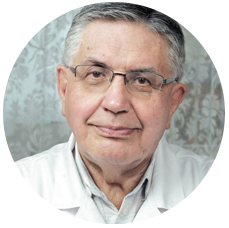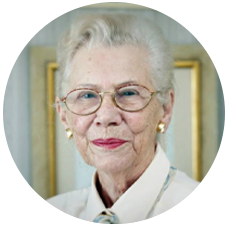Health with care and respect
The humanisation of medicine pays attention to the needs and well-being of patients and develops the doctor-patient relationship based on respect and empathy.

- Introduction
- What is the humanisation of medicine
- What is patient welfare?
- Relationship models in health care
- Personalistic (father model) - in this model, the doctor or other medical personnel decide the fate of the patient by imposing certain forms of treatment and therapy. This model is strongly rooted in tradition and has been used for a long time.
- Partnership - this model assumes that the patient and the doctor are on an equal footing, and that they cooperate and co-determine treatment modalities. The patient is treated as a full partner in the treatment process.
Both models have their advantages and disadvantages, and the choice of the appropriate relationship model depends on the individual needs and preferences of the patient and the situation of the specific medical case.
Humanisation of medicine
Empathy and respect in medicine
Humanising medicine is an empathetic approach to patients and healthcare professionals that improves the quality of care and patient outcomes. It is a needed change in medicine to make it more humane and focus on the well-being of patients.


The humanisation of medicine is the process of ensuring the highest standards of healthcare services and improving the relationship between patient and doctor, based on medical ethics, patient rights and interpersonal communication. The goal of humanisation is always the welfare of the patient. Let us strive to spread this definition.
Revd Dr Arkadiusz Nowak

Medicine and the medical profession are characterised by unique features that are referred to as medical culture. In their definitions, they combine three elements:
1. base action on the best advances in knowledge and skills in all areas that can be useful in maintaining health and saving lives.
2. organising the practice of medical care to ensure access and implementation of recommendations by all sick people on the basis of prioritising ethics and humanism before the criterion of financial gain.
3. integrating objective biological and technical knowledge with the spirituality of the sufferings and hopes of those who are ill
Prof. Jan Tatoń - Culture of the medical profession in the 21st century

From its inception, medicine grew out of humanistic thinking about man, placing his well-being at the centre of its core values. This was independent of existing philosophical orientations or historical conditions. This principle shaping attitudes towards every human being without distinction remains the fundamental idea of humanism in medicine.
Janina Suchorzewska - Humanization of medicine. theoretical and practical aspects of teaching humanities subjects at medical universities.( 2011)
News
World Mental Health Day - building relationships and trust through the humanisation of medicine
Mental health is integral to overall health and well-being. Modern life with its fast pace and numerous challenges often leads to stress, anxiety and other mental health problems. World Mental Health Day, celebrated on 10...
World Marrow Donor Day: Humanising healthcare through an act of altruism
Bone marrow donation is one of the most important acts of altruism that can save the lives of people with cancer and other serious blood conditions. Marrow donors are often the only hope for patients suffering from leukaemia, lymphoma or anaemia....
Humanisation of medicine in the context of prenatal care
The importance of prenatal care Prenatal care is the medical process and support that pregnant women receive to monitor and promote the health of both the mother and the developing foetus. It starts from the first weeks of pregnancy and includes...


